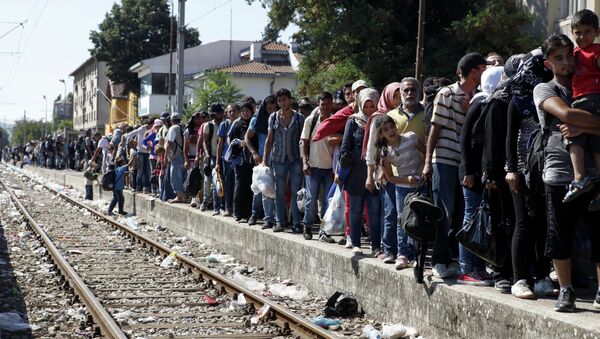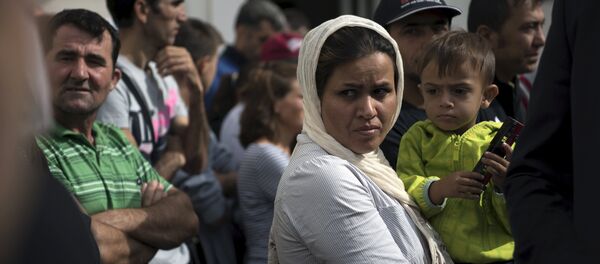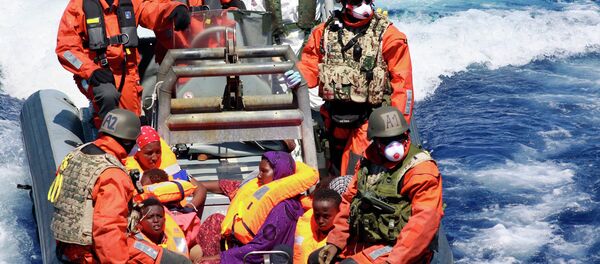"We are still talking about the ideas and the guidelines that could lead to adopting a common EU strategy on this," Petronijevic said.
He heads the Belgrade-based Group 484, which provides information, legal and psychological assistance to refugees and displaced people.
According to him, the migrant crisis is a problem of a political nature, which pertains to the attitude towards migrants and refugees that Brussels has demonstrated over the past few decades.
As for migrant quotas, this issue is unlikely to be resolved in the near future, Petronijevic said, citing Germany's unsuccessful efforts to cope with the problem.
"The unequal distribution of refugees and a lack of solidarity have led to the fact that Europe expects the EU countries to change their stance on the matter, but this is hardly feasible, given the mood that now prevails in society and the negative attitude towards migrants and the very process of migration," he said.
Separately, he called on Serbia to think twice before accepting a new wave of refugees, given that the EU lacks a unified position. To make matters worse, the former Yugoslavia has its own migration crisis: the wars of the 1990’s created thousands of refugees and unemployment in some regions such as Bosnia and Herzegovina remains upwards of 44 percent. Serbia’s own unemployment rate is 20.8 percent according to the United Nations Development Program.
"In such circumstances, Serbia is hardly able to accept large numbers of refugees," Petronijevic warned.
German Chancellor Angela Merkel said that she was "shaken" by the "horrible" news, which she said is a "warning to us to tackle this migrants issue quickly and in a European spirit, which means in a spirit of solidarity."




